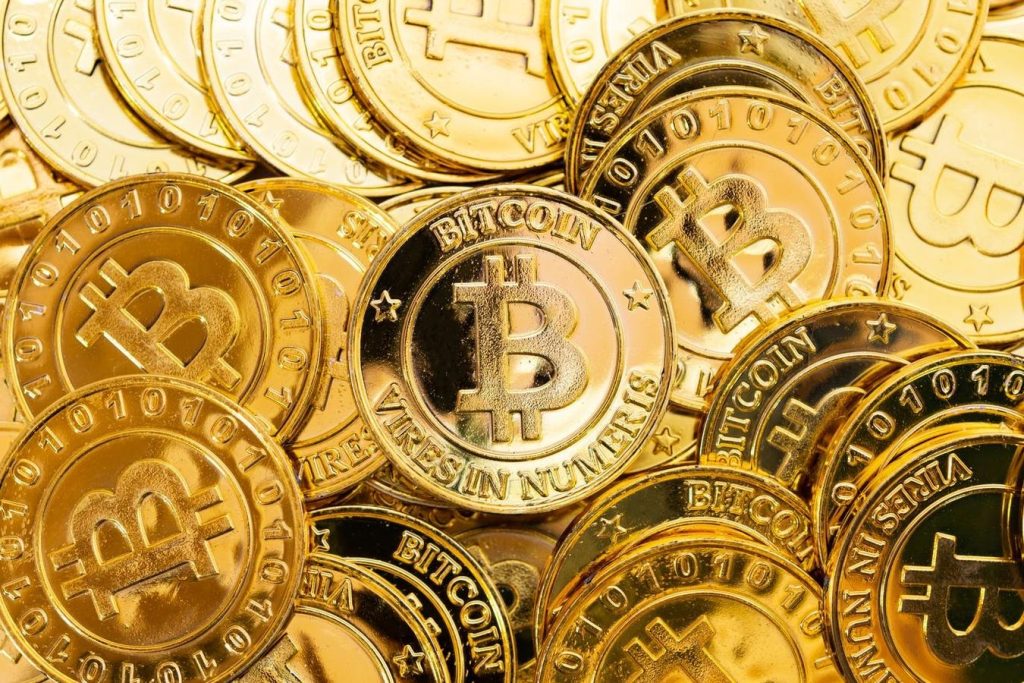Last week’s Paris Blockchain Week was a bustling event that saw nearly 10,000 attendees gathering to discuss the latest trends in blockchain and digital assets. Amidst the excitement, the topics of artificial intelligence (AI) and Bitcoin took center stage, with AI generating significant interest, especially since the launch of ChatGPT in November 2022. Google searches for AI have skyrocketed, indicating a growing fascination with this technology.
One of the key highlights of the event was a presentation that delved into the transformative potential of Bitcoin and AI through the lens of Complex Adaptive Systems (CAS) theory. The focus was on how these technologies, characterized by features such as decentralization and network effects, are already reshaping our world in profound ways. The aim was to inspire attendees with a sense of excitement and optimism about the future possibilities offered by AI and Bitcoin.
Smart contracts were also a key topic discussed at the event, with the potential to revolutionize complex transactions and create more efficient and transparent marketplaces. Doug Levin, an Executive-in-Residence at Harvard Business School, highlighted how smart contracts could streamline transactions in the oil industry, leading to fairer pricing and enhanced efficiency. The efficiency of blockchain transactions was also underscored, with examples of quick settlement times and low fees compared to traditional banking systems.
Looking ahead, visionaries like Ryan Condron, the creator of the Lumerin protocol, shared their thoughts on the future intersection of AI and Bitcoin. Condron envisioned a world where individuals have personalized AI assistants that can continue to make decisions on their behalf even after they pass away. The potential for AI to manage investments based on a deep understanding of a person’s preferences and life history opens up new possibilities for personal finance and decision-making.
Elon Musk’s bold prediction about AI becoming “smarter than the smartest human” by next year sparked further discussions at the event. The transformative power of AI was evident in recent achievements, such as passing rigorous human tests like the Uniform Bar Exam and exhibiting characteristics similar to a human. JPMorgan CEO Jamie Dimon also acknowledged the potential of AI to be as transformative as past technological inventions, despite his skepticism towards Bitcoin. Dimon’s concerns about risks in the current economic landscape align with the reasons to consider owning uncorrelated assets like Bitcoin.
Despite the challenges and uncertainties surrounding Bitcoin and AI, there is a sense of optimism among those who believe in the transformative potential of these technologies. From streamlining transactions with smart contracts to leveraging personalized AI assistants for decision-making, the possibilities are vast. With the added security and decentralization offered by Bitcoin, a new era of financial freedom and innovation may be on the horizon. As we navigate the evolving landscape of AI and Bitcoin, choosing to approach these technologies with optimism can pave the way for a future that is more opportunistic, fair, and sustainable.


